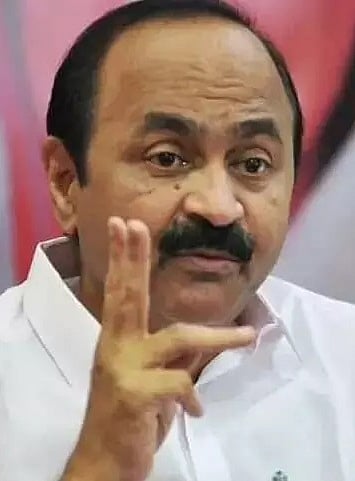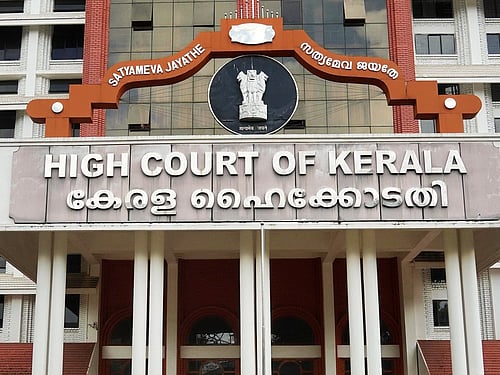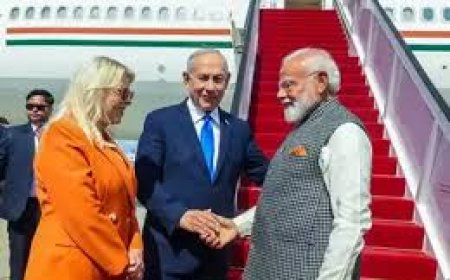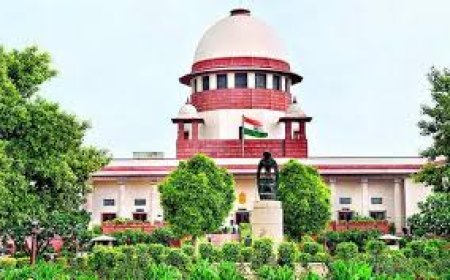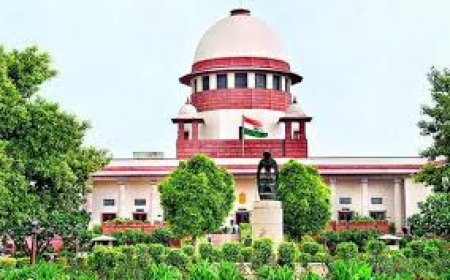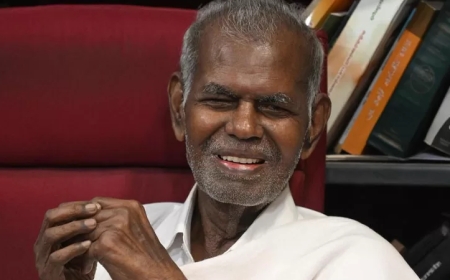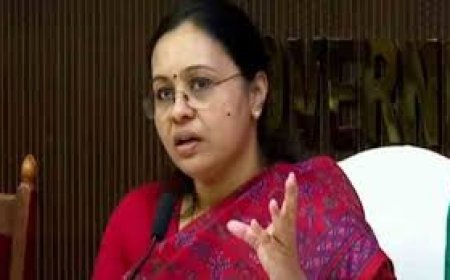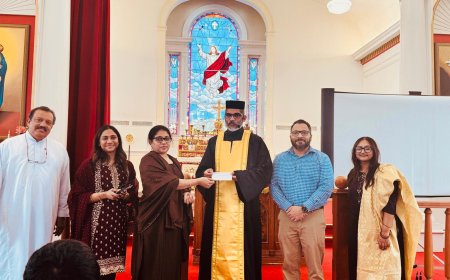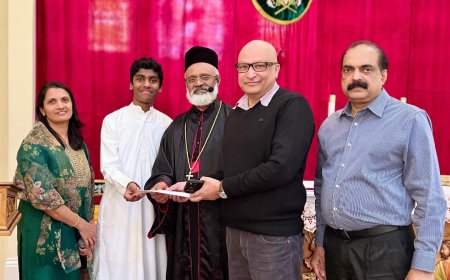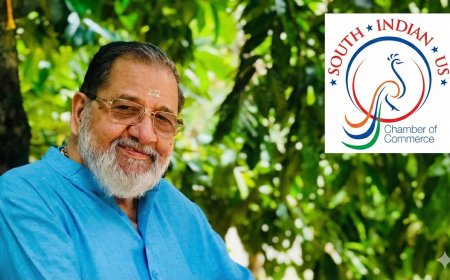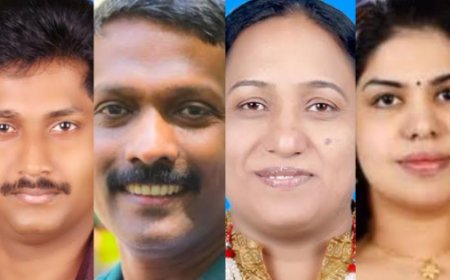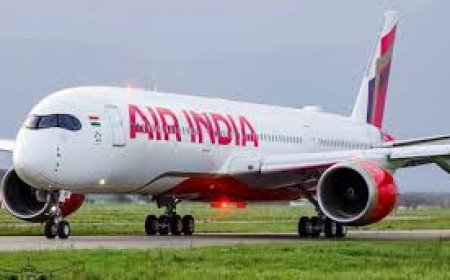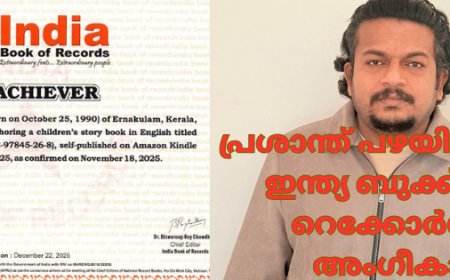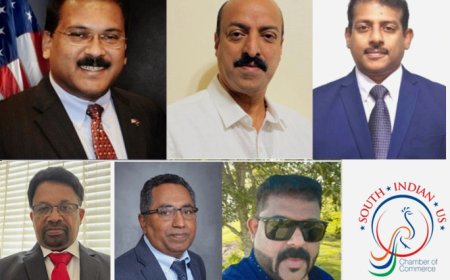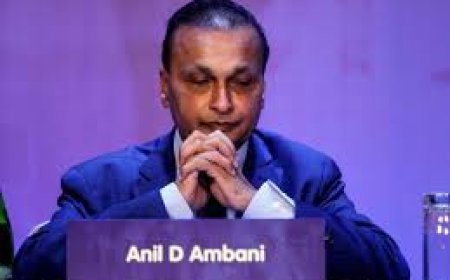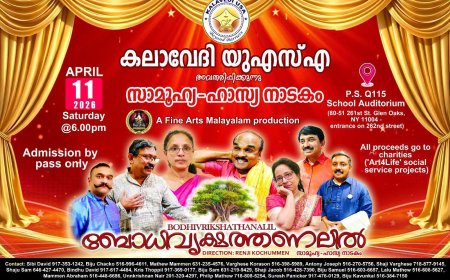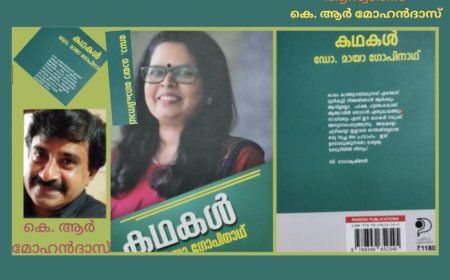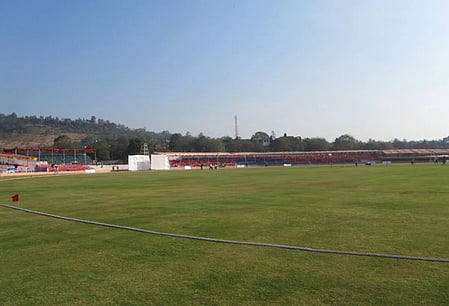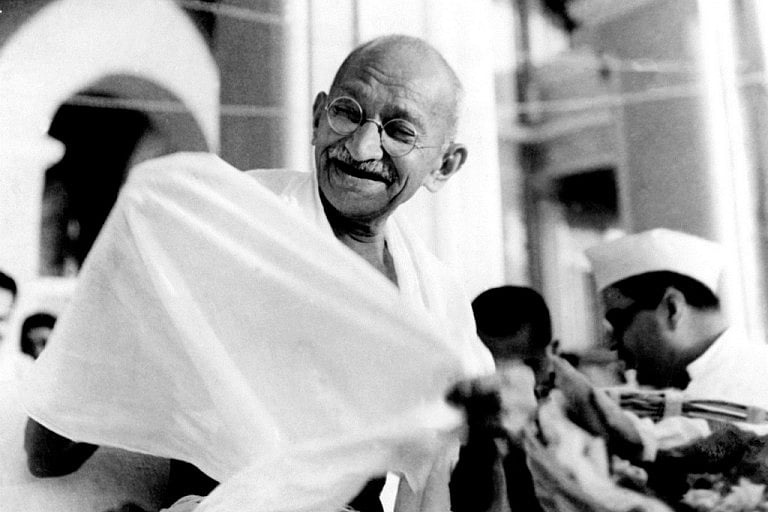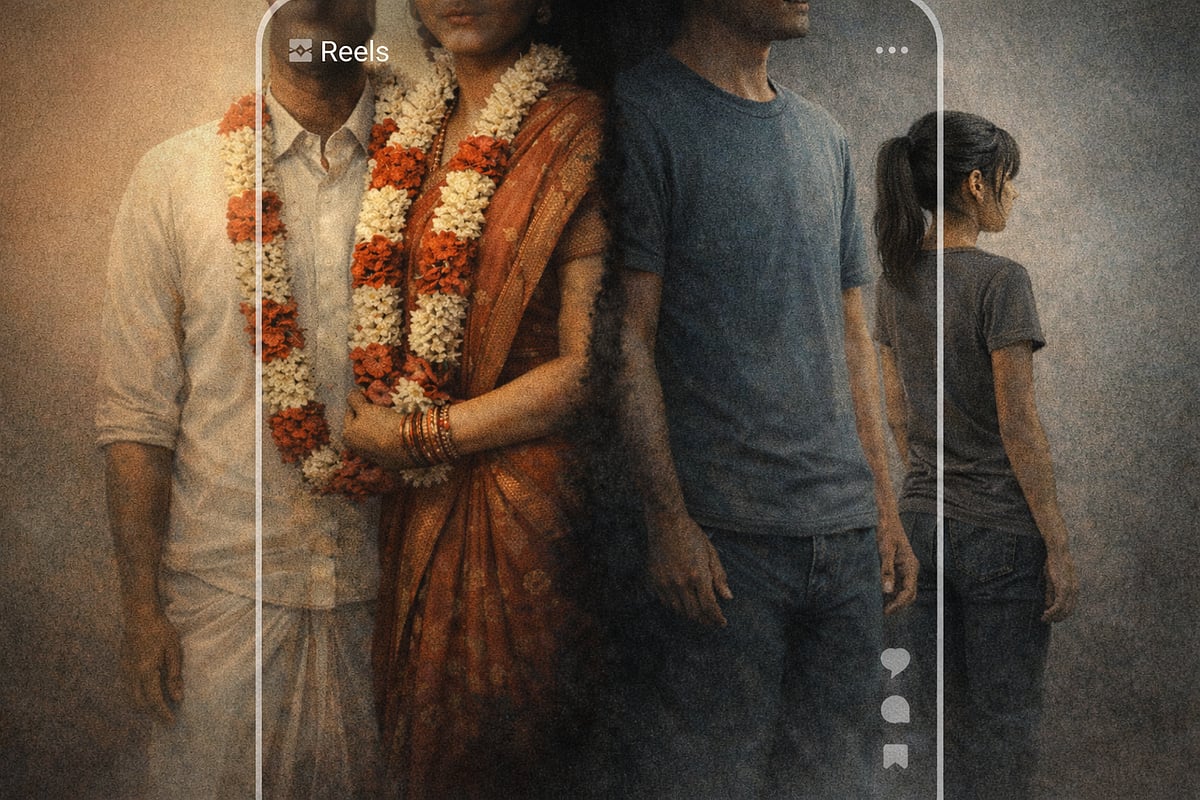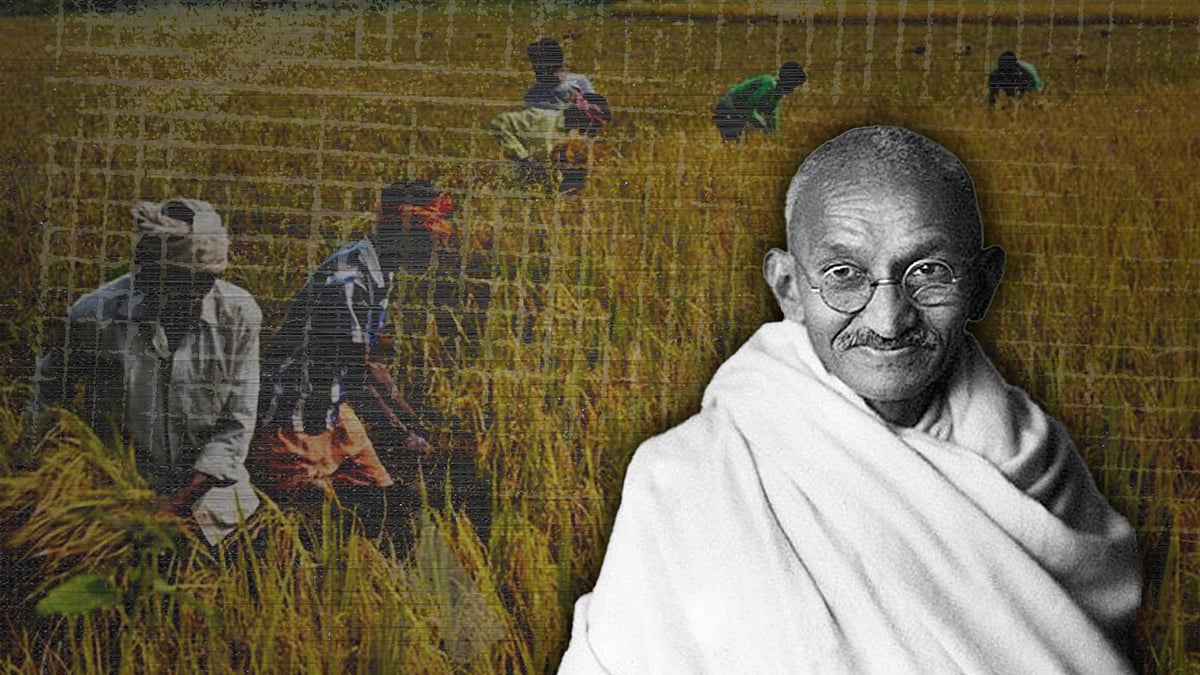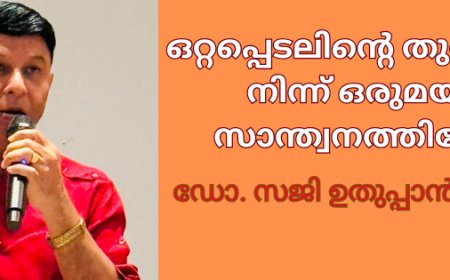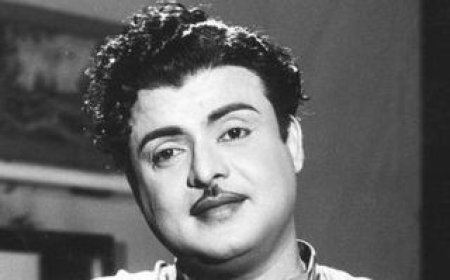India after 75 years of independence

INDIA was a British colony for about 150 years. During these 150 years, the East India Company took over the reins of almost 500 kingdoms in India offering to protect them from their enemies and help them in international commerce.
It is a fact that battles between the kingdoms stopped, English education started in India and Indian Railway was established connecting all the big cities of India and big palaces were built for most of the kings.
All this was done with Indian money, no British money was spent on India, and rather Indian resources were taken to Britain including coal, iron ore and high-priced diamonds.
Indian National Congress was formed in 1885 when 72 delegates from all over India met in Bombay. It was the first nationalist movement that emerged in the British Empire in Asia and Africa.
After 1920 when Mahatma Gandhi took over the leadership of the Indian National Congress, the freedom movement in India became stronger and on midnight August 14, 1947, India became independent from British rule. Mahatma Gandhi refused to take any position of leadership in independent India.
India when became independent was divided into two countries, India and Pakistan with mostly Muslims. Jawaharlal Nehru became the first Prime Minister who declared India a Democratic Socialist Secular Country.
Keeping India together as one country was the biggest task of Nehru and his fellow cabinet members. With all its various diversity in terms of languages spoken, religious following, caste systems and more than 50 percent of people living in poverty, Jawaharlal Nehru upholding his socialistic views tried to industrialize the nation.
They created a constitution that could sustain democracy and the democratic process in India, and on January 26, 1950, India became a republic under a new constitution.
India’s progress as a socialist democratic system is commendable. India took many steps to uphold equality and equal treatment even though the caste system worked against it for a long time. The educated and rich upper class did not allow this progress to happen. But the socialistic policies of the governments in the Centre and States created social changes.
Kerala was at the forefront of these changes. Kerala land reform act, even though sounded revolutionary at that time, opened the opportunity for the poor to own their own land and houses. In Kerala, educational opportunities also opened to everybody while in the rest of India, the upper class and the rich could get opportunities for education.
The industrial revolution followed by the green revolution helped India reduce its poverty by 50 percent. India invested in establishing higher education institutions where admission of students was made competitive. Everybody was given equal opportunity for admission.
While the government was investing in education, private institutions, including religious institutions, invested in higher education and technical education. India produced millions of professionals in engineering, medicine, science and other technical areas. This helped India progress and become the leader in Information Technology in the world.
With the progress in industry, agriculture and education, India should now be a developed nation like China, which also was a poor nation in the late 1940s. After 75 years of independence, India is still trying to eliminate poverty and unequal treatment of the poor.
Why is it happening? It is happening because the political leaders in their effort to make positive changes are influenced by people with vested interests and corrupt business practices. There are too many middle-level persons in the commodity business including agricultural products where they could make money without any sweating.
Years ago Food Corporation was established to eliminate middle persons in the rice market. Government should do the same thing with other food commodities. Eliminating poverty and establishing equality of opportunity must be the number one priority of the State and Central governments. India can become a developed country only by eliminating poverty. All other progress made by India is impressive, but when fellow citizens are poor, it does not impress anybody.
The Central Government shall focus on the secular socialist principles of democratic India with less focus on religion and regional feelings of people. State governments shall focus on the welfare and quality of life of the people and implement policies that will help them be less dependent.
The primary goal of both central and state governments shall be to eliminate poverty in India. There is widespread corruption in both government and private industries, especially in the banking industry where crores of rupees are stolen and misplaced.
Let us hope that India will turn into a developed nation soon with low poverty and better quality of life for all citizens.





